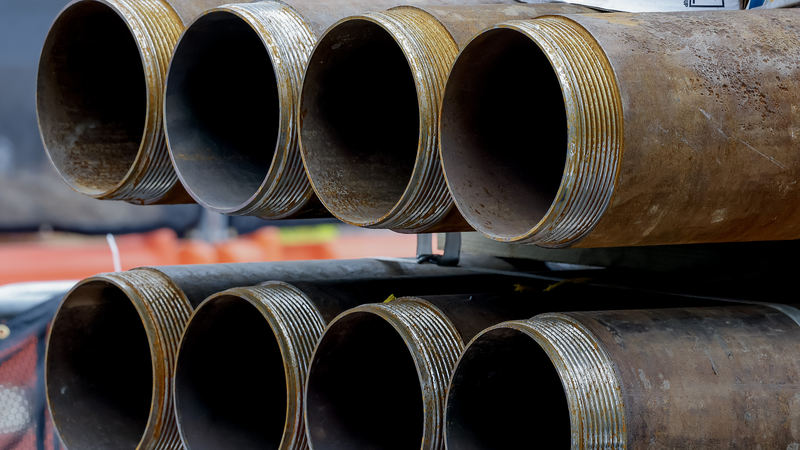The US government’s decision to nearly double tariffs on imported steel and aluminum from 25% to 50% has triggered a wave of pushback across North America and Europe. Business leaders warn that the move risks inflating costs for everyday goods and stoking a fresh round of trade tensions.
Steel accounts for roughly 60% of a car’s weight, and economists estimate that the higher tariffs could add between $2,000 and $4,000 to the price of a new vehicle. The impact will ripple into major home appliances too, with dishwashers, refrigerators and washing machines all relying heavily on imported metals.
In Mexico, President Claudia Sheinbaum slammed the tariffs as unfair and unsustainable, pointing out that Mexico imports more steel and aluminum than it exports. She called on both government and industry leaders to devise strategies that protect cross-border supply chains vital to the auto sector.
Canada’s largest private sector union, Unifor, echoed the concerns, urging Ottawa to counter the US measures immediately. Unifor warned that rising metal costs are already undermining investment in Canada’s steel, aluminum, and auto industries, threatening jobs and economic stability.
Meanwhile, the European Union’s trade commissioner, Maros Sefcovic, cautioned that the tariff hike endangers ongoing negotiations and could derail recent progress on trade issues. The EU has made clear it is ready to defend its interests and rebalance trade if talks collapse.
The higher tariffs underscore a growing challenge for global supply chains and economies still recovering from pandemic disruptions. With key US trading partners gearing up countermeasures, the next round of talks will be a test of whether diplomacy can avert a full-blown trade war.
What do you think? Share your thoughts on how these tariffs will reshape global markets and everyday prices.
Reference(s):
cgtn.com




